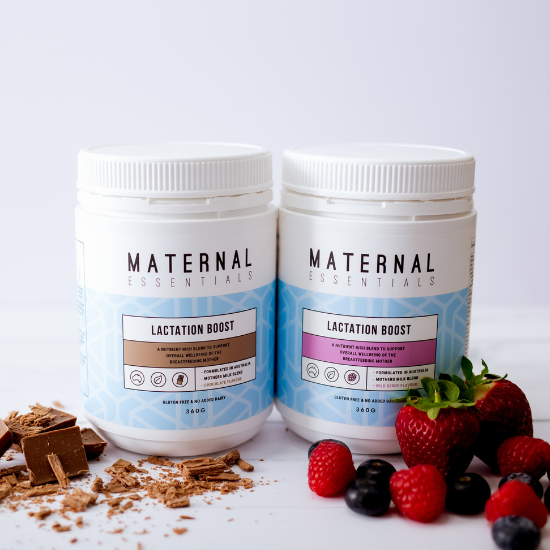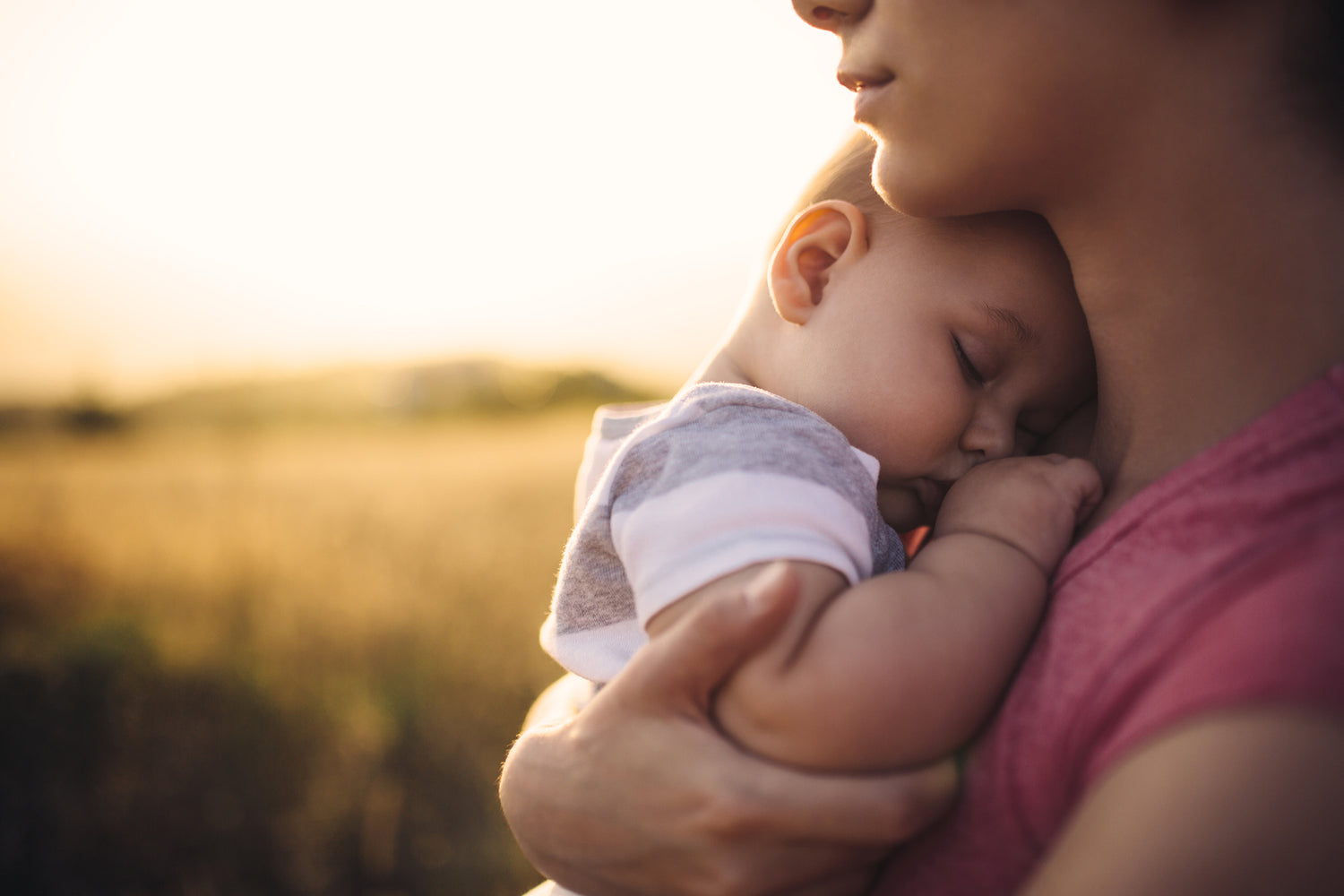Postnatal depression is a highly prevalent mental health condition affecting both mothers and fathers. In Australia, there is an estimated 1 in 7 mothers and 1 in 10 dads who have experienced postnatal depression. Postnatal depression is typically diagnosed in the first 12 months after giving birth, however some research is now suggesting that symptoms of postnatal depression can be seen up to 4 years post birth.

It is still unclear about what causes PPD as it influences every mother differently. It is currently understood that the large shift in hormones following birth can lead to PPD. This hormone drop influences both oestrogen and progesterone, but can also lead to thyroid disorders after birth which have been linked to PPD. When this is combined with factors of the early newborn stage like:
*sleep deprivation
*lack of support
*concerns about your newborn’s health
*adjusting to your new family dynamic
*recovery from birth
*being overwhelmed with your new baby
*stress & doubts about you or your partners capabilities as a parent
It can be an extremely scary time as a new parent, not only are you navigating your newborn and stepping into your role as a parent, but also trying to simultaneously support your mental health.
Signs & Symptoms of PPD can include:
*Feelings of hopelessness
*Constant urge to cry
*Abnormal levels of anxiety & fear
*Constant mood swings, irritability & withdrawal from loved ones
*Inability to sleep, eat properly or reduced hygiene
*Low energy, lack of concentration, memory lapses
*Loss of interest in things that would typically cause you happiness
*Loss of interest or getting angry at your newborn
It is so important to reach out if you feel like you are struggling with any of these symptoms. There are health care professionals, support organisations, your GP and even close friends and family that can provide support to help you navigate your postnatal depression.

There are a range wide of treatment & support options available for mothers (and fathers with PPD) Some of these include:
- Antidepressant or anti- anxiety medication (speak to your GP)
- Regular 1:1 sessions with a mental health professional (This can be covered through a Mental Health Care plan, which your GP can make for you)
- Group sessions with other mothers and/or fathers with PPD
- Support from an integrative health practitioner like a clinical nutritionist or naturopath to support your diet, wellbeing and provide therapeutic supplements
Here are some support networks which you can reach out too:
- GP/ Midwife/ Women’s Health doctor
- Psychologist or Counsellor
- PANDA: 1300 726 306
- Beyond Blue: 1300 22 4636
-Lifeline: 13 11 14
- 13 HEALTH: 13 43 25 84
-Your partner, family, friends or someone you trust


